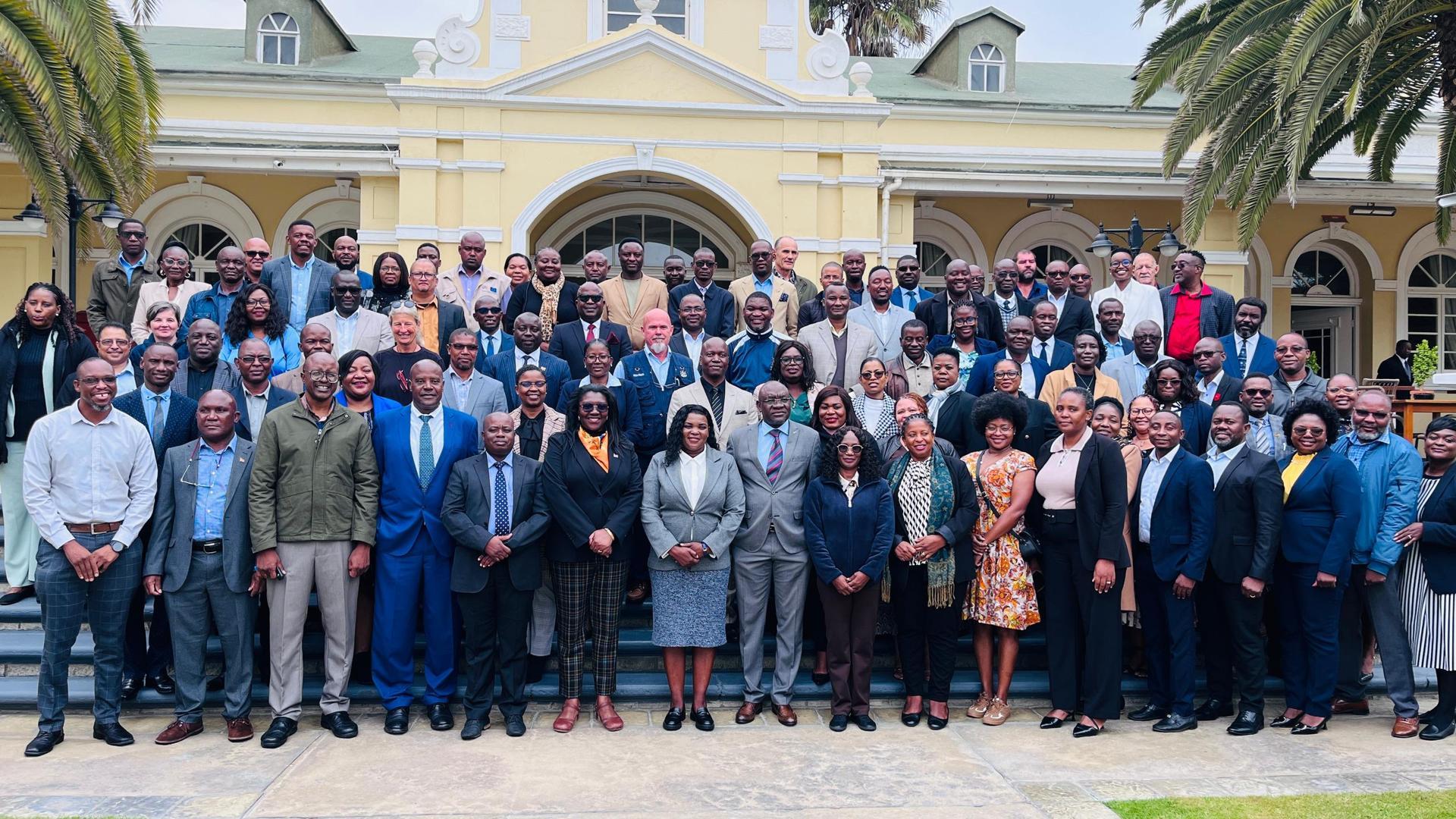Africa-Press – Namibia. Deputy Agriculture, Fisheries, Water and Land Reform minister Ruth Masake has urged staff members to uphold the highest standards of integrity and accountability while cautioning them against engaging in corruption in any shape or form.
She said corruption – whether in procurement, recruitment, land allocation, or the awarding of fishing quotas – undermines justice and destroys public trust in government.
Corruption too, she said, deprives Namibians of opportunities they deserve.
“As senior management, you must lead by example. Uphold the principles of fairness, transparency, and justice in all your dealings. I urge you to embrace the values set out in Article 18 of the Namibian Constitution, which guarantees administrative justice,” she said.
Masake issued the stern warning during the opening of a five-day strategic and annual planning workshop, which started on Monday in Swakopmund. The workshop brings together directors, senior officials, and key personnel from all four sectors under the ministry’s portfolio.
“Our nation looks to us not just for plans, but for results. The time for excuses and delays is long gone,” she told the officials.
She added that the ministry has a sacred mandate entrusted by President Netumbo Nandi-Ndaitwah to deliver tangible development and services to the people.
The planning session not only aims to develop the Annual Work Plan for the 2025/26 financial year but also seeks to align with national goals under NDP6, the Swapo elections manifesto, Vision 2030, Agenda 2063, and the Sustainable Development Goals.
“This is not a routine event. It is a strategic milestone that will define our direction, our priorities, and our impact over the next five years,” she noted.
She also outlined several strategic focus areas for the ministry, including food security through improved agricultural productivity, full operationalisation of Green Schemes, the development of agro-industrial value chains, climate resilience, land reform, and sustainable fisheries and water resource management.
Masake pointed out that key initiatives such as the construction of the second desalination plant and expanded rural water infrastructure are also part of the ministry’s focus.
Hence, directorates, public enterprises, and agencies under the ministry need to align their strategic and business plans with the ministry’s upcoming five-year plan and the national development priorities.
“The success of one directorate must be seen as the success of all. We must break silos, consult, and coordinate to ensure inclusive growth and sustainable development. We must avoid duplication, eliminate inefficiencies and ensure that every Namibian dollar invested yields maximum developmental returns,” she appealed.
For More News And Analysis About Namibia Follow Africa-Press






